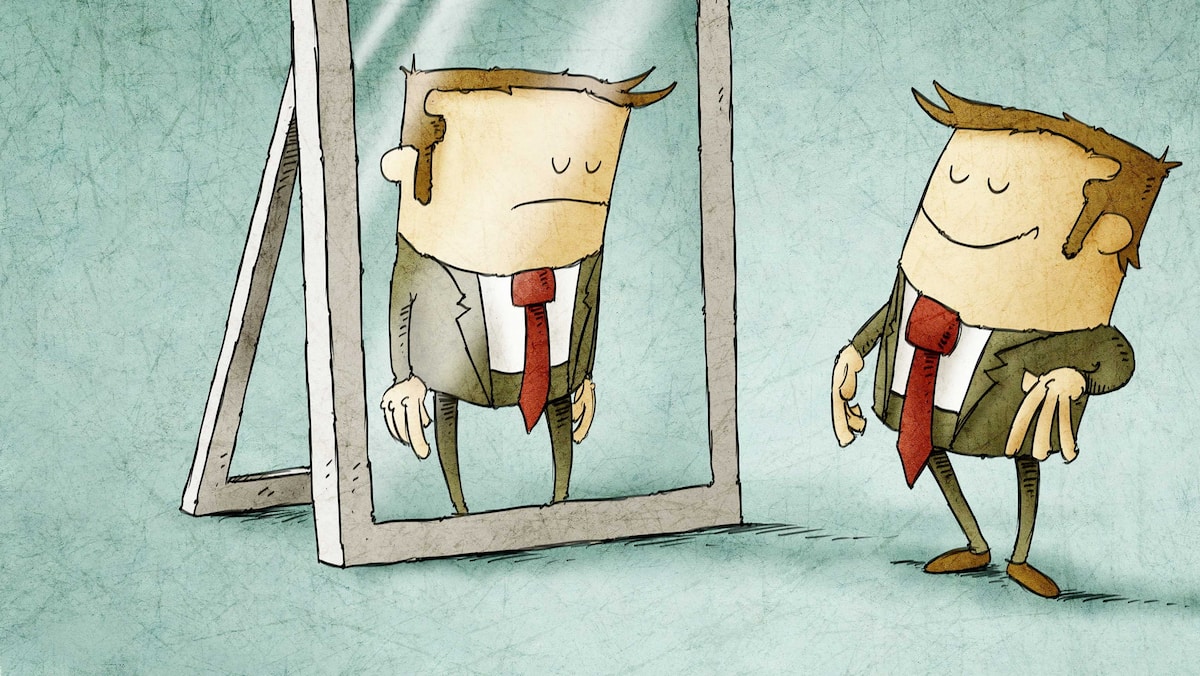Most of the time, we take our bodies for granted because we know them well and have good control over them, but when our body blueprint is disrupted, our control becomes less clear.
Our body is our oldest companion. We live with Him, share most of our activities with Him and depend on Him. Since birth, we have learned to know Him through our movements.
The effects of our movements return to our brain through many sensations such as vision and our physical sensations (touch, muscles, joints, balance) and form the body blueprint and database of our body and movements.
Our physical sensations often remain unconscious so as not to heighten our attention.
However, our body plan is essential. It is used, among other things, to determine the location of our body in space. It provides us with live information about the position, tension and movement of different parts of the body. In addition, it contains our repertoire of movements, our motor skills (for example: how to bring a cup to your mouth, how to play a piece of music on the piano).
Our environment
Some brain disorders can cause distortions in our physical perceptions. Anyone can confuse their fingers with each other. Another may think she was injured in her right arm when she was injured in her left arm. Another person may have sensation in an arm that has been amputated.
Other brain disorders cause physical hallucinations.
Some people feel as if they are floating outside their bodies for a few moments. Others feel that their limbs change in shape or size (Alice in Wonderland Syndrome).
Many body schema disorders affect self-recognition. Some people find that their faces in the mirror look strange at certain times (depersonalization). Their faces seemed to have lost the sense of familiarity. Others are convinced that part of their body does not belong to them.
Still others do not feel a sense of control (intention or feeling of power) at the beginning of some of their actions as if they had been stimulated involuntarily.
Clumsy movements
Imperfections in our body image can make us more clumsy. For example, some people are born with difficulty learning to coordinate gestures (dyspraxia).
They regularly bump into objects or people, as if they were less aware of the position of their body or limbs in relation to the environment.
They miss things or find it difficult to exercise. They learn less quickly to coordinate their movements and adjust them in time.
Orient yourself in space
In addition to our motor skills and self-awareness, the body schema also contributes to many of our mental functions.
It contributes, among other things, to the development of our spatial skills, especially in relation to the environment close to us. Our actions and physical sensations help us learn to distinguish right from left, estimate distances, or understand spatial relationships. Our brain learns concepts such as “more” or “above” among other things through movements and extension of our limbs. Our body schema also helps us imagine mental maps of our environment and simulate our actions in these virtual environments.
Our body is not just a passive tool that we control. Our movements and the sensations they produce allow us to place ourselves in our environment, gain self-awareness, and develop many skills.

“Hardcore beer fanatic. Falls down a lot. Professional coffee fan. Music ninja.”






More Stories
But what is the point of that?
The adventures of the lovable booger!
Defective MacBook keyboards: Get up to $545